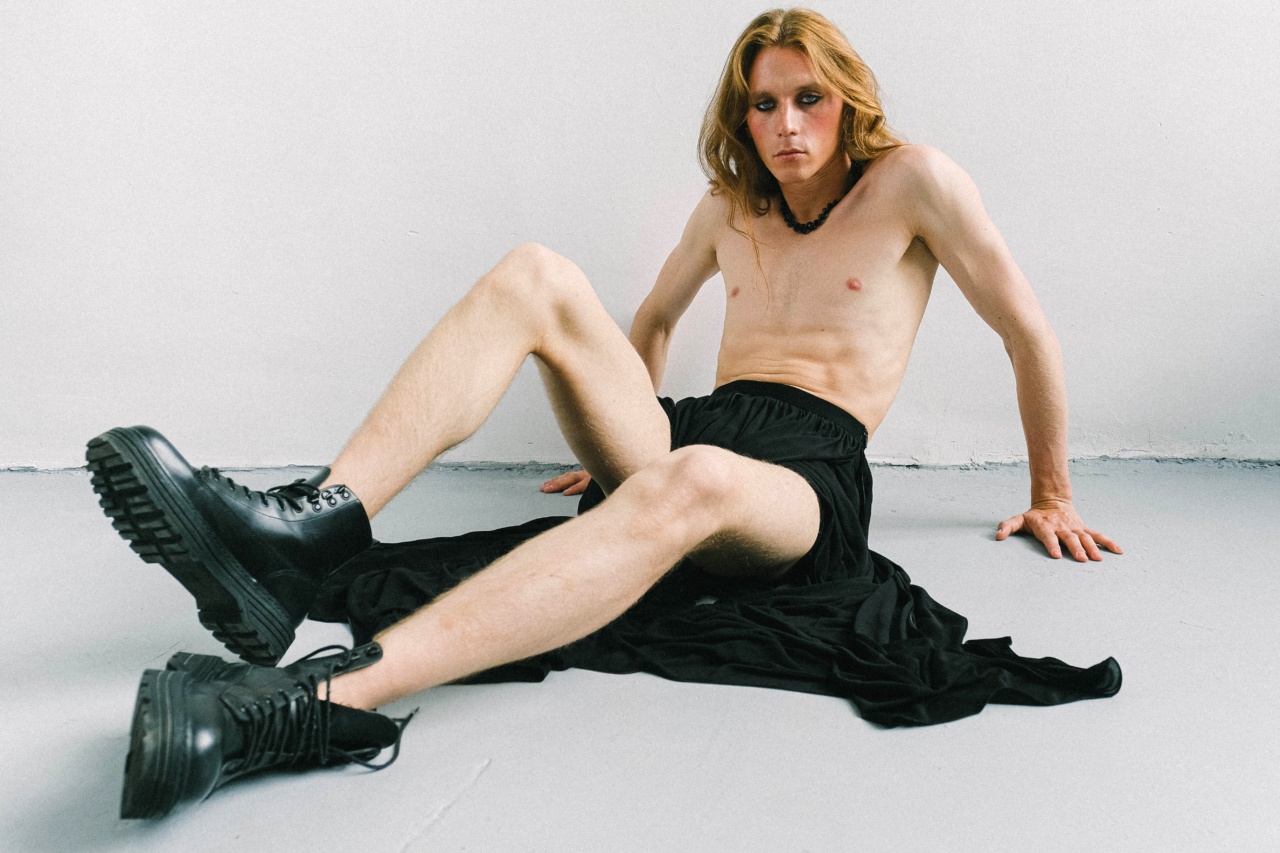It is no secret that people are becoming increasingly concerned about their appearance. Social media, television, and magazines all play a significant role in promoting beauty standards, and it seems that men are not immune to these pressures.
Men often feel compelled to maintain a perfect appearance, which is a growing concern in today’s society. In this article, we will explore how men succumb to the pressures of perfect appearance.
The Effects of Social Media
Social media is one of the leading causes of the pressure to have a perfect appearance. With platforms like Instagram and Twitter, men are constantly bombarded with images of perfect looking models and celebrities.
This can lead to severe insecurity and low self-esteem, as men feel they are unable to live up to these unrealistic standards.
The Pressure to be Fit
The pressure to be fit has never been higher, and this is particularly true for men. In recent years, there has been increased demand for men to have six-pack abs, broad shoulders, and a chiseled jawline.
This pressure to maintain the perfect body type has led to an increase in gym memberships and the use of performance-enhancing drugs. The pressure to be fit can also lead to body dysmorphia and eating disorders, which can be incredibly dangerous to one’s health.
The Stigma of Aging
In our society, there is a stigma associated with aging, particularly for men. The desire to maintain a youthful appearance can lead to the use of cosmetic procedures such as Botox, hair transplants, and even plastic surgery.
This stigma can be particularly challenging for men who are in the public eye, as they feel that their image is directly related to their success and appeal to their audience.
The Role of Advertising
Advertising plays a significant role in promoting the ideal of the perfect male appearance. In advertisements, men are often portrayed as muscular, confident, and athletic.
This image can be incredibly damaging to men who do not fit this mold, as they may feel inadequate and insecure. The pressure to conform to these unrealistic standards can cause men to engage in unhealthy and dangerous behavior, such as over-exercising or using anabolic steroids.
The Impact of Peer Pressure
Peer pressure can also be a significant factor in the pressure to maintain the perfect appearance. Men are often judged and valued based on their appearance, and this can lead to a strong desire to be accepted by their peers.
This can lead to men feeling pressured to engage in behavior that is harmful to their health, such as excessive drinking or the use of drugs, to fit in with their social group.
The Importance of Mental Health
It is essential to recognize that the pressure to maintain the perfect appearance can have a severe impact on mental health.
Men who feel unable to achieve these unrealistic standards may experience depression, anxiety, and other psychological disorders. It is vital to prioritize mental health, seeking support through therapy or other mental health resources, to manage the negative effects of these societal pressures.
The Need for Positive Role Models
It is vital to have positive role models who represent a diverse range of body types and appearances. Men need to see that it is possible to be successful and happy without conforming to unrealistic standards of beauty.
This can help to reduce the pressure to maintain a perfect appearance and promote a more inclusive and accepting society.
The Importance of Self-Acceptance
Finally, it is essential to promote self-acceptance and positive self-image. Men need to recognize that their worth is not solely determined by their appearance but by their values, accomplishments, and character.
Encouraging self-love and self-compassion can help men to break free from the pressures of perfect appearance and pursue a more fulfilling and meaningful life.
Conclusion
The pressure to maintain the perfect appearance is a growing concern for men in today’s society. Social media, advertising, peer pressure, and the stigma of aging all contribute to this issue.
It is essential to prioritize mental health, seek positive role models, and promote self-acceptance to manage these pressures effectively. By doing so, we can create a more inclusive and accepting society that values men for who they are, not just how they look.































